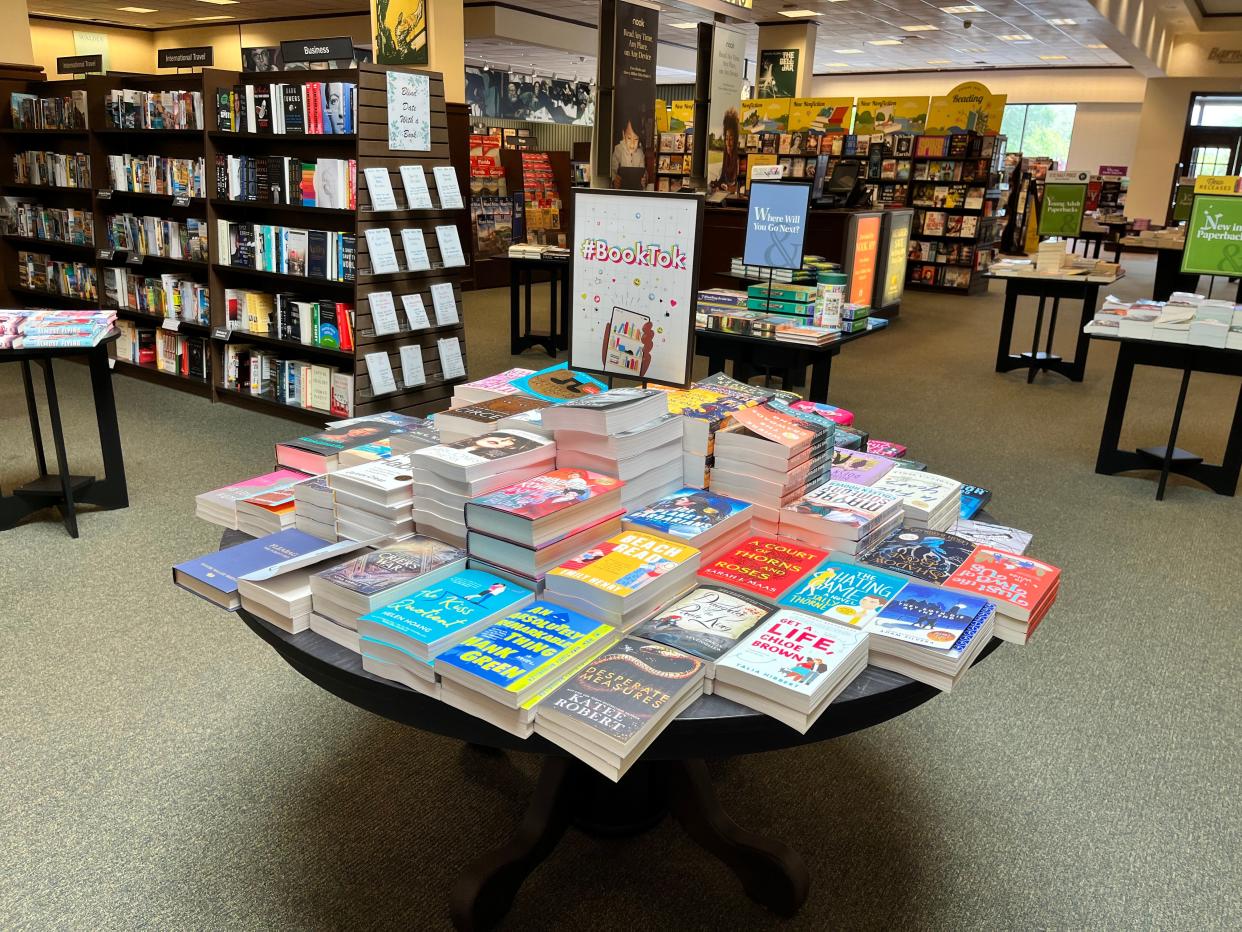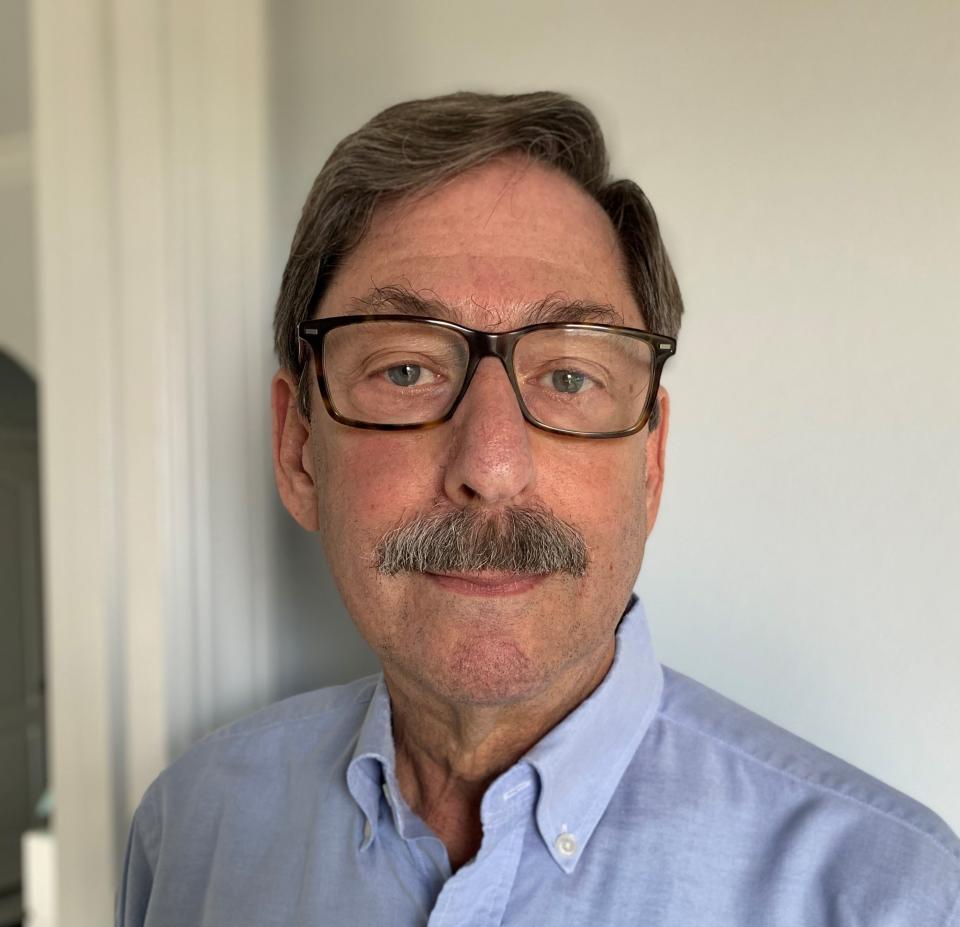Stephen Entman: A once-inept reader and his path to a successful medical career

When I was a kid, I never would have imagined the direction my future would take. I was pretty smart, but other classmates at Landon High had better grades and higher scores on the placement tests and SATs.
Still, I was ambitious. I loved history classes. My fantasy: Apply to the best Ivy League schools and become a history professor. Despite mediocre credentials, I apparently checked enough boxes for admission to Harvard.
During freshman orientation, we were all given a reading test for pace and content. I was surprised to learn that not only did I read slowly, I also had poor comprehension. In elementary school, I checked out many sophisticated books from the Willow Branch library — the Horatio Hornblower series comes to mind. Yet, there I was in a Harvard-mandated, non-credit remedial reading program of 25 sessions with 20 of my 1,200 classmates.
The feedback at the end of the course was discouraging. It was ungraded so I couldn’t flunk the course, but that stigma — along with C-minus grades in first semester academic courses — was worrisome and challenged my goals.
High school history focused on people, places and dates, lists of which I could easily master. College demanded absorbing detailed information from multiple sources to integrate into a cohesive narrative. That was difficult for an inept reader.
So, I found my way by identifying skills that would enable me to absorb facts and process information. I made a case-by-case decision about what material I could learn and how I could log the information into my brain. Blending visual, diagrammatic, outline, auditory and multifactorial techniques, I became a superb “crammer.” Even though I might later forget the details, an internal index of retrievable information remained.
Rachael Fortune: Everyone can help improve literacy in Duval County
'The crazy cool science of how the brain: Dyslexia expert to open Ponte Vedra center
Letters: Calling great young minds to move the country forward
Second semester grades improved as I continued to hone my adaptive skills. During my sophomore year, I had a life-altering experience. I did very well in the required introductory biology course, which opened the possibility of a medical career. Next, I attacked organic chemistry. Taught by the author of the textbook, this was the do-or-die course for potential medical students. I got an A+, accompanied by a recommendation letter from the professor.
That gained me admission to Duke Medical School.
I applied the same methods to medical school and specialty training. By the time I joined the faculty at Vanderbilt and began my career as a clinician, educator, researcher and administrative leader, the skills were embedded. I was able to process everything I needed to fulfill the expectations for a satisfying career.
Over the years, I rarely read for pleasure. If I could complete an escapist novel within two days, I might retain the plot. And yet, I write, respond to Jeopardy questions and do the daily crossword puzzles in the New York Times. I even create and submit my own puzzles to the Times.
The relationship of reading to my life became even clearer this year when I received e-mails from high school classmates who were coping with pandemic isolation by sharing good reads. I was unable to contribute.

I hope my “confession” about how I grew from a remedial reading reject in college to have a successful career encourages other non-readers.
Stephen S. Entman, MD, is a Jacksonville resident and professor emeritus, Vanderbilt University Medical School.
This guest column is the opinion of the author and does not necessarily represent the views of the Times-Union. We welcome a diversity of opinions.
This article originally appeared on Florida Times-Union: Stephen Entman: A so-so reader's path to a successful medical career

